Side Effects Of Olive Oil: 14 Unexpected Risks
Who knew consuming this popular oil may not be as healthy as we thought?
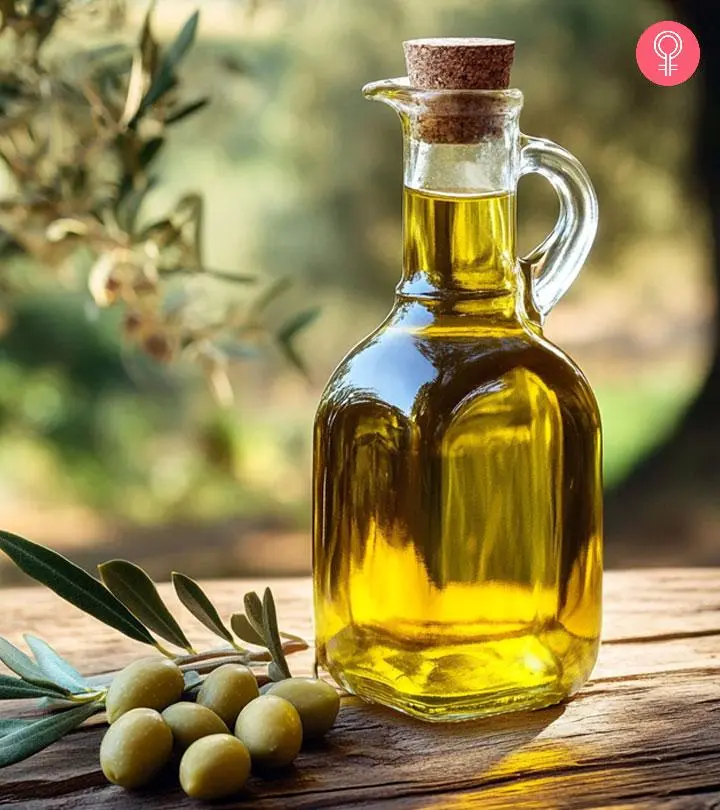
Image: Midjourney/ StyleCraze Design Team
There are two sides to every coin. This famous adage implies that there’s both a good and bad side to every ingredient. Olive oil is no exception. Touted to be one of the best in the food and skincare world, this oil has numerous health and beauty benefits to offer.
 Did You Know?
Did You Know?But olive oil also comes with certain drawbacks that can cause significant damage to your health. Check out side effects of olive oil before you start using it.
 Know The Flip Side: Olive Oil
Know The Flip Side: Olive OilShort-Term Effects
May lead to weight gain, diarrhea, allergic reactions, skin rashes, and indigestion.
Long-Term Effects
May cause a drop in blood pressure and result in fainting, stroke, and even renal failure.
Drug Interactions
May interact with certain medications such as blood thinners.
When To See A Doctor
If you experience any adverse effects such as stomach pain, nausea, or vomiting, seek medical attention.
In This Article
What Is Olive Oil?
Olive oil is a type of oil made from olives. It is widely used for cooking or topical application to improve skin and hair health. Here is a list of different varieties of olive oil available today:
- Extra Virgin Olive Oil
This is the highest quality olive oil that is made from pure, cold-pressed olives.
- Virgin Olive Oil
It is also made from cold pressing. It has a higher acidity level and milder flavor compared to extra virgin olive oil.
- Pure Olive Oil
It is a blend of refined and virgin olive oil. It is lighter in flavor and not as nutritious.
- Light Olive Oil
This is refined olive oil with a milder taste. It is often used for frying or baking.
Even though olive oil is used for its health benefits, it may also lead to health complications. Check them out in the next section.
Key Takeaways
- Olive oil may cause skin allergies and acne in some people with excess use.
- It may interfere with some medications like blood thinners and reduce their effectiveness.
- The high-calorie content of this oil may lead to weight gain and affect blood glucose levels.
- In addition, it may cause gastrointestinal problems and abdominal discomfort in some individuals.
Top 14 Side Effects Of Olive Oil
Let us talk about the top 10 olive oil side effects that can take a toll on your health:
- Causes Acne
- Can Cause Allergies
- Causes Skin Rashes
- Not Safe On A Baby’s Skin
- Is Not Suitable For Dry Skin
- Can Cause Blackheads
- Saturated Fat-Related Diseases
- Trans-Fat Related Diseases
- Lowers Blood Sugar
- Lowers Blood Pressure
- Causes Inflammation
- Gallbladder Stones/Blockage
- Can Cause Diarrhea
- High On Calories
1. Causes Acne

Excessive use of oilve oil can harm your skin and increase the chances of acne.
Olive oil is heavy. It does not quickly absorb into your skin, and creates a thick layer on the skin, clogging the pores. Jesse Feder, Clinical Dietitian at the Memorial Regional Hospital South, says, “Olive oil contains vitamin E, antioxidants, and healthy fats that can protect, moisturize, and make your skin look younger/healthier. However, too much of it can cause clogging of pores and potential breakouts. Hence, it is best to apply only a thin layer to the skin.”
Is olive oil bad for you, then? Well, only if you frequently apply it to your skin and it turns into an adhesive surface that traps dirt, dust, and sebum into it. This process paves the way for the appearance of unwanted acne and pimples.
So, we recommend you not to go overboard with the application of olive oil on your skin—twice a week should be enough to get a complexion that’s smooth and hydrated.
Note: If you have oily skin, it’s better for you to avoid olive oil altogether due to its naturally sticky and oily nature.
2. Can Cause Allergies
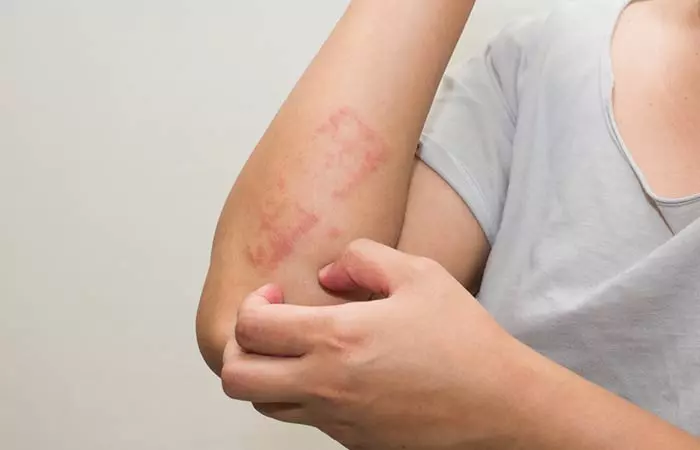
Several people show acute allergic reactions to olive oil. And if you are one of them, I would suggest you stay away from it—this oil will only aggravate your condition.
Olive oil can cause severe allergies, such as contact dermatitisi An allergic condition in which the skin develops rashes after coming in contact with an irritant or allergen. , eczemai A chronic skin condition that causes dryness, irritation, blisters, inflammation, and red rashes on the skin. , respiratory allergies, and so on. It is mainly experienced during or after the topical application of the oil. A case report in the Journal of American Academy of Dermatology detailed occupational allergic contact dermatitis from olive oil in a masseur. Though contact allergy to olive oil is rare, the report highlighted a masseur who developed hand eczema from using olive oil. Positive results were observed in both patch tests and a use test with olive oil, though an oral provocation test was negative. The study suggests practicing caution in using olive oil topically, especially in occupational settings like massage therapy, where prolonged exposure and occlusion could increase the risk of sensitization (1). Those who are prone to allergies can also face this issue after they consume something that has olive oil as one of the ingredients in their food. It’s always better to know olive oil benefits and side effects before consuming it regularly.
Glenda Chung Hinchey, a lifestyle blogger, documented her olive oil allergy in her blog. She said, “If I so much as consume a tablespoon of the stuff, I have to run to the bathroom for unpleasant business (i).” She also mentions a friend who experiences vomiting as a reaction to olive oil.
Note: If you notice any symptoms mentioned here, consult your physician immediately. Remember, prevention is better than cure. And you wouldn’t want your condition to aggravate.
3. Causes Skin Rashes
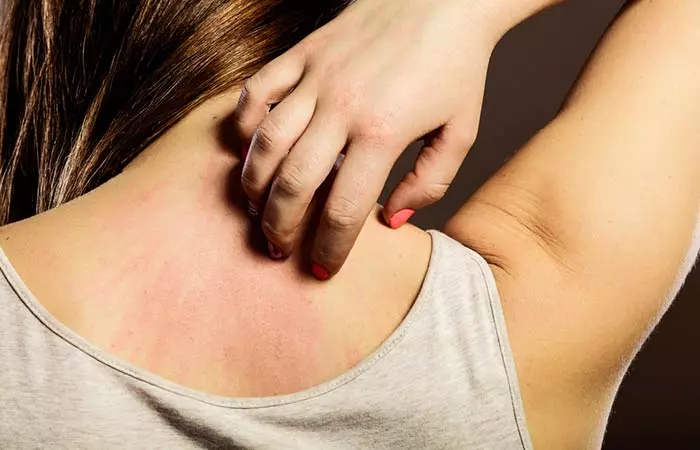
As explained earlier, people with oily skin should avoid using olive oil for skin care altogether (1).
Oily skin is the result of an uncontrolled sebum secretion. When olive oil combines with your naturally greasy skin, it can cause skin irritation, rashes, and redness on your skin.
4. Not Safe On A Baby’s Skin
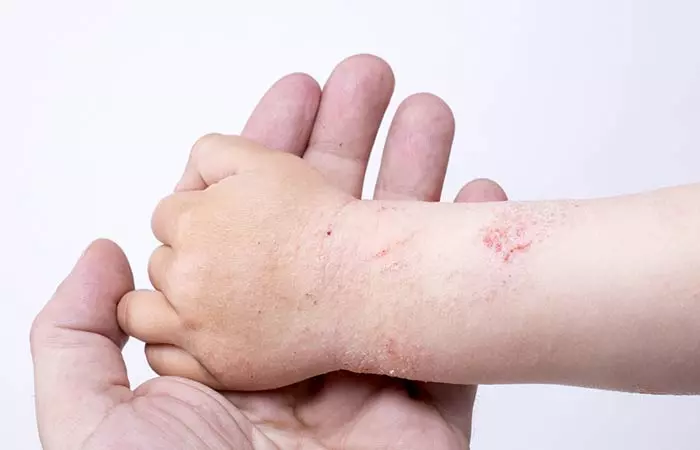
Babies have the most sensitive skin, and using olive oil on them can be a bit risky. It can cause rashes, redness and irritation on the skin.
This is because, especially with the newborns, we are yet to know whether the baby is allergic to this oil or not. And seriously, why take chances when you can have other safe options, like coconut oil, to massage your little angel?
Note: Yet, if you are keen on using olive oil, always use a good quality extra virgin olive oil for your baby’s skin.
5. Is Not Suitable For Dry Skin
Is olive oil good for you if you have dry skin? Olive oil is not a good option for those with extremely dry skin too. Many studies have concluded that oleic acid present in olive oil is responsible for breaking the skin’s natural moisturizing abilities in case of dry skin. A randomized controlled trial published in Pediatric Dermatology examined the effects of olive oil and sunflower seed oil on the skin barrier, with implications for neonatal skin care. The study involved 19 adult volunteers applying olive oil to one forearm and sunflower seed oil to the other over 4-5 weeks. Results showed that olive oil significantly reduced stratum corneum integrity and induced mild erythema in participants, regardless of their atopic dermatitis history. In contrast, sunflower seed oil preserved skin integrity, improved hydration, and did not cause erythema. The findings suggest that olive oil may damage the skin barrier and exacerbate atopic dermatitis, recommending against its use for dry skin treatment and infant massage, while sunflower seed oil appears beneficial (2).
6. Can Cause Blackheads
With its extremely sticky and oily nature, olive oil can pave the way for the growth of blackheads on your face.
As explained earlier, the greasy olive oil forms a layer on your skin that traps in the dirt and dead skin into it. This, in turn, makes way for the formation of blackheads.
7. Saturated Fat-Related Diseases
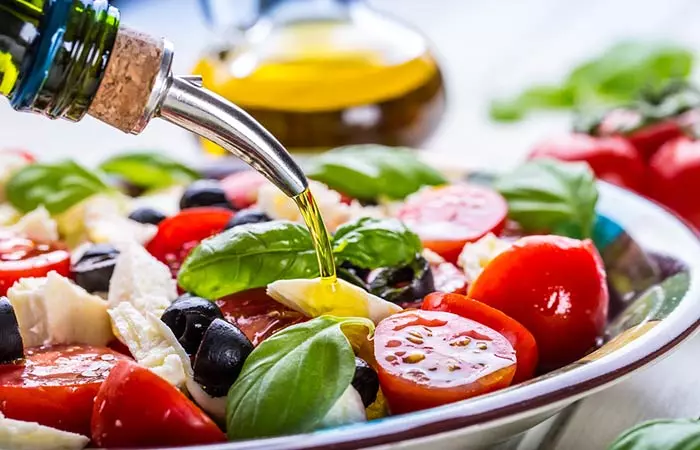
Olive oil is a rich source of monounsaturated fati Healthy fat with one unsaturated carbon bond in the molecule abundantly found in olive oil, nuts, fish, and seeds. . Every tablespoon of this oil contains about 14% saturated fat and 120 calories.
This is a huge amount—almost three times higher than that of a 4 oz chicken breast. Regular consumption of unprocessed olive oil can lead to weight gain and also increase the risks of lethal diseases like atherosclerosisi A health condition in which the arteries become narrow and hard due to the build-up of cholesterol plaques in the walls of them. , obesity, heart attack, stroke, breast cancer, and colon cancer (3).
8. Trans-Fat Related Diseases

Olive oil is often refined or partially hydrogenated under high heat and pressure. This process alters its molecular structure and burns the healthy omega-3 fatty acid contained in the olives.
It also affects the cholesterol levels in our bloodstream by decreasing ‘good cholesterol’ and increasing the ‘bad’ one. This, in the long run, raises the danger of cardiovascular diseases (4).
9. Lowers Blood Sugar
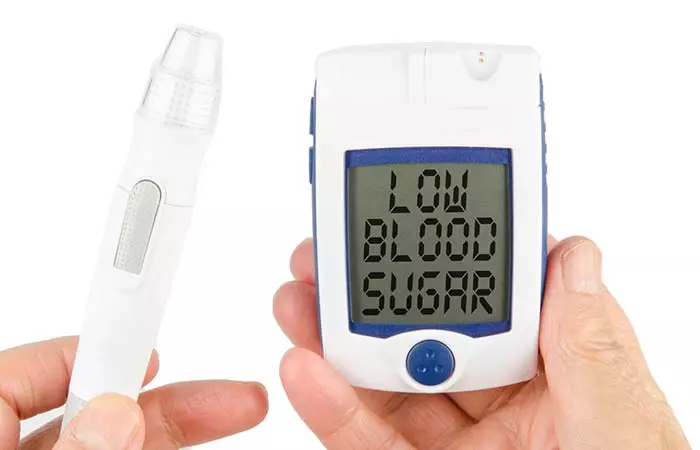
This oil can lower your blood sugar below the normal level. Olive oil makes way for an increased insulin resistance; that is the main reason for its activity against blood sugar levels. Over consumption can make you prone to several health complications, like hypoglycemiai A condition where the blood sugar level is lower than normal, caused due to underlying health issues and diabetes treatment. , sweating, trembling, weakness, etc.
10. Lowers Blood Pressure

Olive oil is known to keep our heart healthy. But, studies have found that over-consumption of olive oil can cause a massive fall in blood pressure. So if you suffer from high blood pressure, it might be good for your heart but if not it can be detrimental. The overall health will become vulnerable to many problems like dizziness, lightheadedness, stroke, and kidney failure (5).
However, there is extremely limited research on olive consumption leading to liver damage or kidney stones.
11. Causes Inflammation
Loaded with fat, olive oil increases the chances of developing inflammation in our body.
It contains a high amount of oleic acid (about 78%) which plays a vital role in releasing the lipopolysaccharidesi Mainly derived from gut microbiomes, they are the main components of the outer membrane of gram-negative bacteria. (LPS)), appended to the large fat-rich lipoprotein particles called chylomicrons, from the gut into the bloodstream. The more the LPS present in the blood, greater the extent of inflammation caused by the immune cells.
Additionally, olive oil also promotes higher levels of markers, like inflammatory cytokines, that are linked to chronic inflammation (6).
12. Gallbladder Stones/Blockage
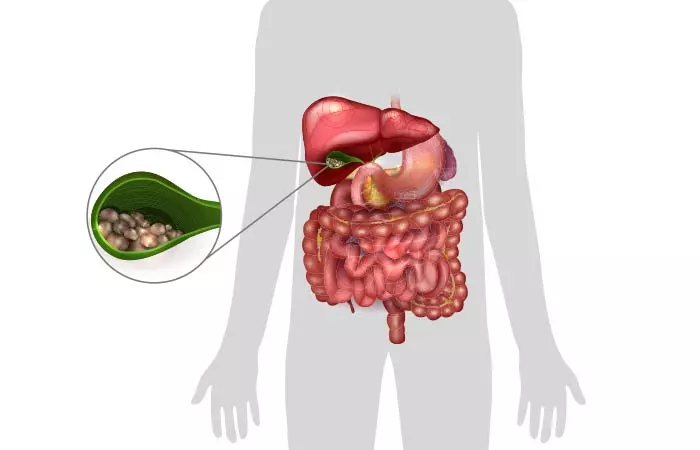
Gallbladder problems are one of the serious side effects of olive. You should stay away from consuming too much olive oil as it may block the gallbladder or cause painful gallstones. Our liver produces bile, which is accumulated inside the gallbladder. But, when our body holds excess fat, and we include olive oil in our daily diet, this stored bile starts to secrete and emulsify the fats. It ultimately results in stones or blockage.
13. Can Cause Diarrhea

The high-fat content of olive oil may cause digestive disorders, leading to upset stomach, pains and gastrointestinal problems like diarrhea.
We all know the strong laxative properties of olive oil. So when we consume it in large amounts, our system becomes unable to digest it completely. As a result, we develop minor to moderate diarrhea (7).
14. High On Calories
Unnecessary weight gain is one of the major side effects of too much olive oil consumption.
Olive oil, just like all other oils and fats, are a chief source of calories. You will be surprised to know that every 16 oz of olive oil contains calories that are equal to your two days of calorie requirement (4,000 per pound); far more than even refined sugar (1,725 calories per pound).
 Trivia
TriviaThis is why you should never cook your whole course meal in olive oil. Drizzling on top of your meals, of course, is a safer option. Discover more recommendations in the next section:
Precautions And Recommendations
Here are some practical guidelines to follow to avoid potential side effects:
- Limit intake to a few tablespoons a day to avoid excess calorie intake.
- Keep olive oil in a cool, dark place to preserve its quality.
- Opt for extra virgin olive oil for more nutrients and antioxidants.
- Use olive oil for low to medium heat to prevent breakdown.
- Discard oil if it smells rancid.
- Discontinue use if you experience any allergic reactions or discomfort.
- Seek medical advice if you have conditions like diabetes or gallbladder issues.
Infographic: Side Effects Of Olive Oil On Your Hair
Now you know all about the side effects olive oil may cause on your body and skin. But what about your hair? Can olive oil damage your tresses or scalp? In certain cases, yes it can. Check out the infographic below to learn more about the damage olive oil can do to your hair. For example, did you know that olive oil may not suit particular hair types? Keep reading to know more.
Some thing wrong with infographic shortcode. please verify shortcode syntax
Olive oil is a natural oil with excellent health-promoting properties. This is largely due to the benefits of olives from which it is derived. The monounsaturated fats in olive oil offer several health benefits. However, excess consumption of olive oil may cause several side effects. It may cause acne, allergies, skin rashes, blackheads, and saturated- and trans-fat-related diseases. It may also cause diarrhea and inflammation in some people. Hence, consume it in moderation to avoid its adverse reactions. Consult your doctor in case of emergencies.
Frequently Asked Questions
What are the side effects of putting olive oil directly in the eye?
Eva De Angelis, a Dietitian Nutritionist with a bachelor’s degree in Nutrition and Dietetics from ISalud University, says, “There are no side effects of using olive oil directly in our eyes. In fact, extra-virgin olive oil can be a great addition to your treatment for dry eyes.”
Can there be any long-term side effects to drinking olive oil shots to gain weight?
Jesse Feder says, “Olive contains a significant amount of healthy fats. This makes it high in calories. If you were to drink olive oil shots consistently, this would more than likely contribute to weight gain. However, even though olive oil has healthy fats, too many of them can still lead to negative health outcomes. These include excessive weight gain, high triglycerides, and fatty stool.”
Is it ok to take olive oil every day?
Yes, it is okay to take olive oil every day as long as you consume it in moderation and do not use it to prepare main course meals.
Is a spoonful of olive oil a day good for you?
Yes, a spoonful of olive oil every day can help you get the benefits of this oil.
Can olive oil make you throw up?
In rare cases, olive oil may cause nausea, headache from the smell ,or vomiting as some individuals may find it difficult to digest or have adverse reactions.
Is extra virgin olive oil bad for your heart?
No. On the contrary, extra virgin olive oil may improve heart health. However, you need to consume it in moderation and avoid cooking with it under high heat or pressure.
What is the healthiest olive oil?
Extra virgin olive oil is the healthiest type of olive oil as it is minimally processed, extracted using natural methods, and held to high purity standards.
Does olive oil cause blood thinning?
Anecdotal evidence suggests that consuming olive oil may slow down blood clotting and increase your chances of bleeding and bruising. However, there is no scientific evidence suggesting this to be true.
Delve into the wonders of olive oil in this informative video below. Uncover its remarkable benefits, versatile uses, potential side effects, and witness how this natural oil can positively impact your overall health and well-being. Click below now and let the exploration begin!
Personal Experience: Source
StyleCraze's articles are interwoven with authentic personal narratives that provide depth and resonance to our content. Below are the sources of the personal accounts referenced in this article.
i. Allergic to olive oilhttps://gigihawaii.wordpress.com/2009/10/06/allergic-to-olive-oil/
Read full bio of Dr. Ramon Andrade de Mello
- Eva De Angelis is a Dietitian Nutrionist from Argentina. She specializes in food and nutrition education, and healthy cooking. She has a Bachelor’s degree in Human Nutrition and Dietetics from ISalud University, a postgraduate certificate in Nutrition, Gastronomy, and Health, a culinary diploma, and an intermediate-level technical degree in Food Science.
 Eva De Angelis is a Dietitian Nutrionist from Argentina. She specializes in food and nutrition education, and healthy cooking. She has a Bachelor’s degree in Human Nutrition and Dietetics from ISalud University, a postgraduate certificate in Nutrition, Gastronomy, and Health, a culinary diploma, and an intermediate-level technical degree in Food Science.
Eva De Angelis is a Dietitian Nutrionist from Argentina. She specializes in food and nutrition education, and healthy cooking. She has a Bachelor’s degree in Human Nutrition and Dietetics from ISalud University, a postgraduate certificate in Nutrition, Gastronomy, and Health, a culinary diploma, and an intermediate-level technical degree in Food Science. - Jesse Feder, RDN/LDN, is a Clinical Dietitian at the Memorial Regional Hospital. He is also a certified by the American College of Sports Medicine as a personal trainer (ACSM-CPT) and the National Strength and Conditioning Association as a Certified Strength and Conditioning Specialist (NSCA-CSCS).
 Jesse Feder, RDN/LDN, is a Clinical Dietitian at the Memorial Regional Hospital. He is also a certified by the American College of Sports Medicine as a personal trainer (ACSM-CPT) and the National Strength and Conditioning Association as a Certified Strength and Conditioning Specialist (NSCA-CSCS).
Jesse Feder, RDN/LDN, is a Clinical Dietitian at the Memorial Regional Hospital. He is also a certified by the American College of Sports Medicine as a personal trainer (ACSM-CPT) and the National Strength and Conditioning Association as a Certified Strength and Conditioning Specialist (NSCA-CSCS).
Read full bio of Tanya Choudhary
Read full bio of Ravi Teja Tadimalla
Read full bio of Moksha Gandhi





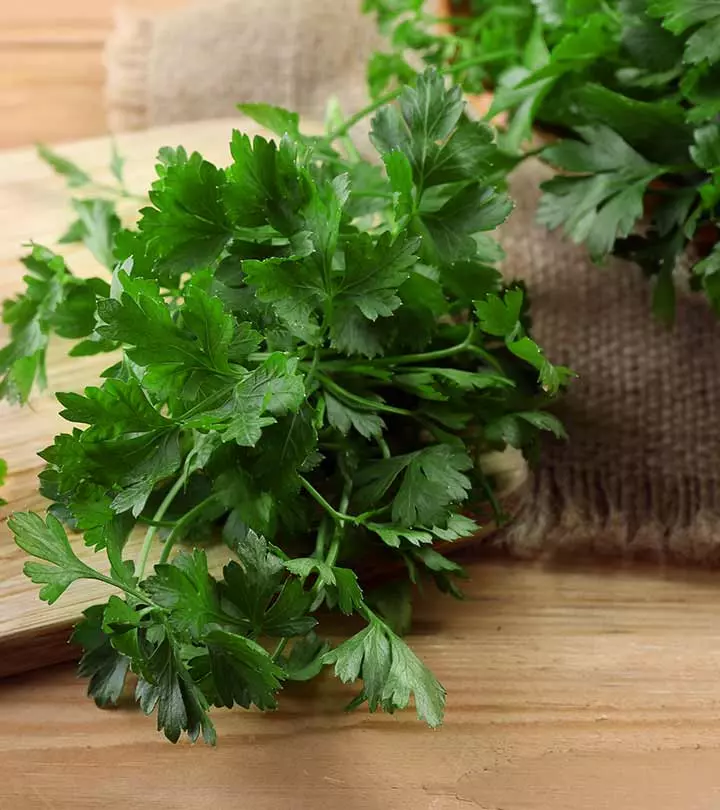
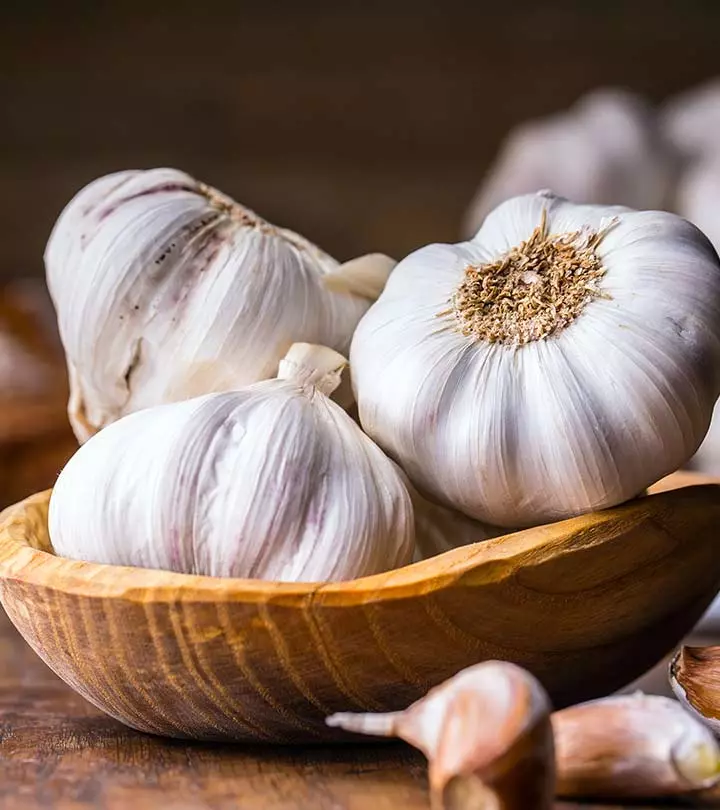
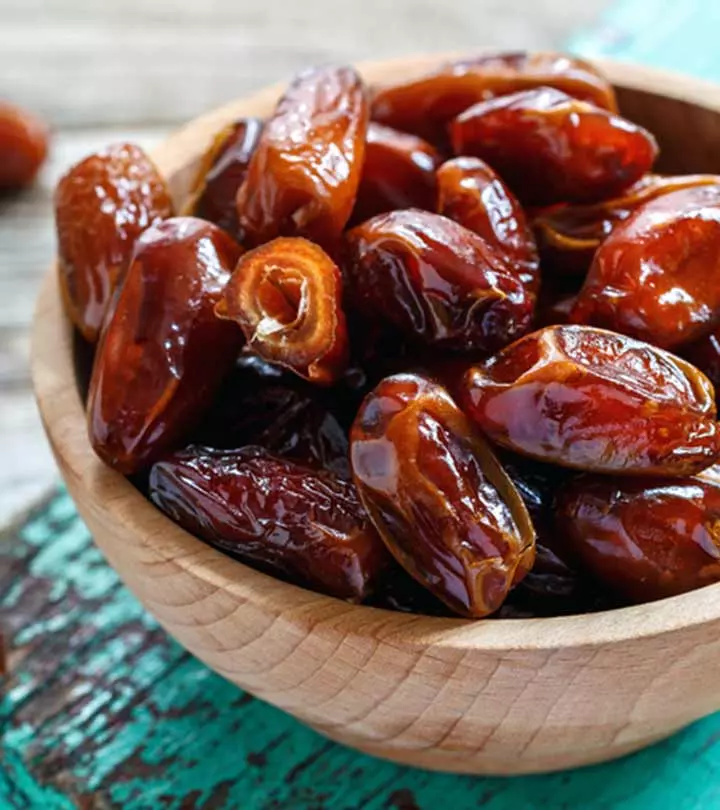
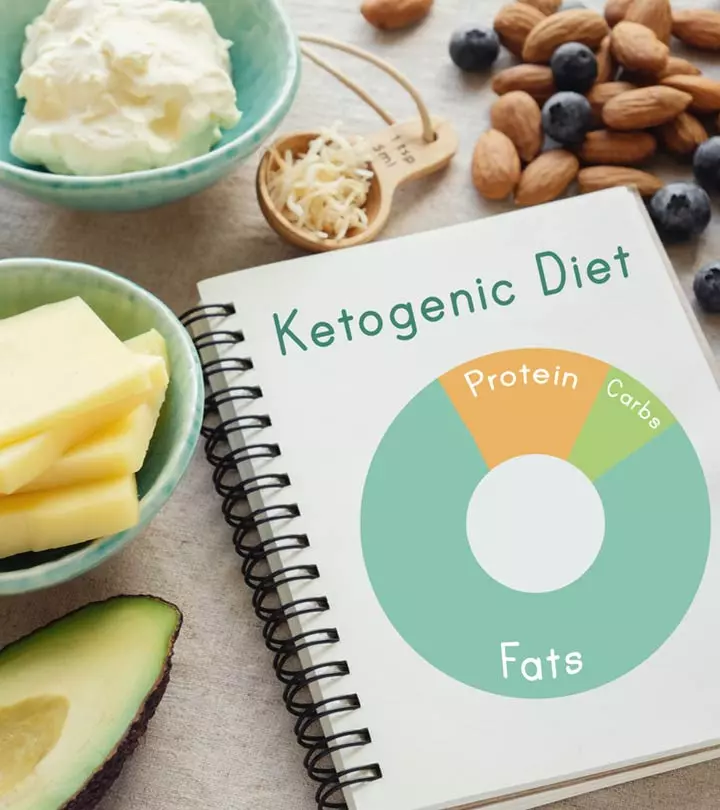
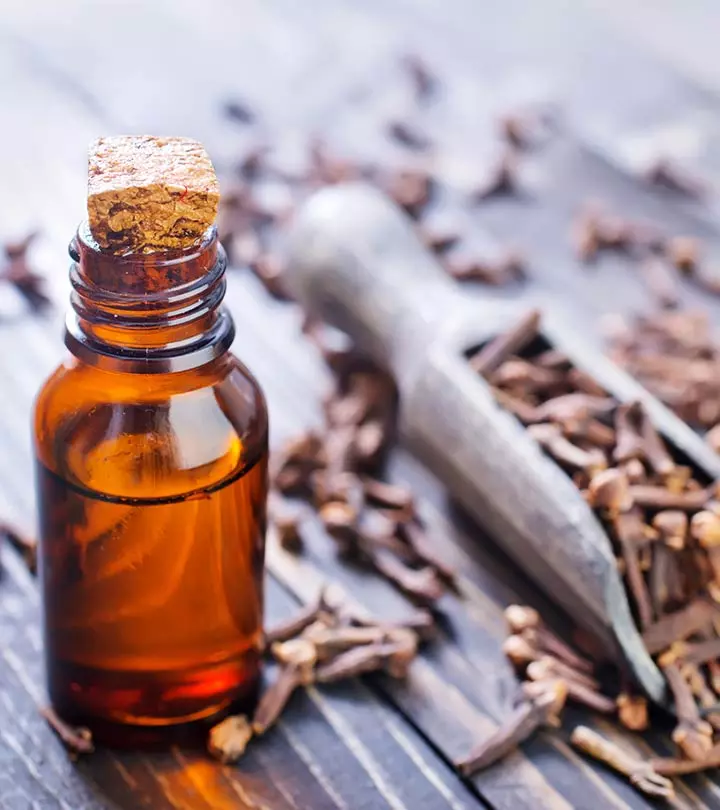
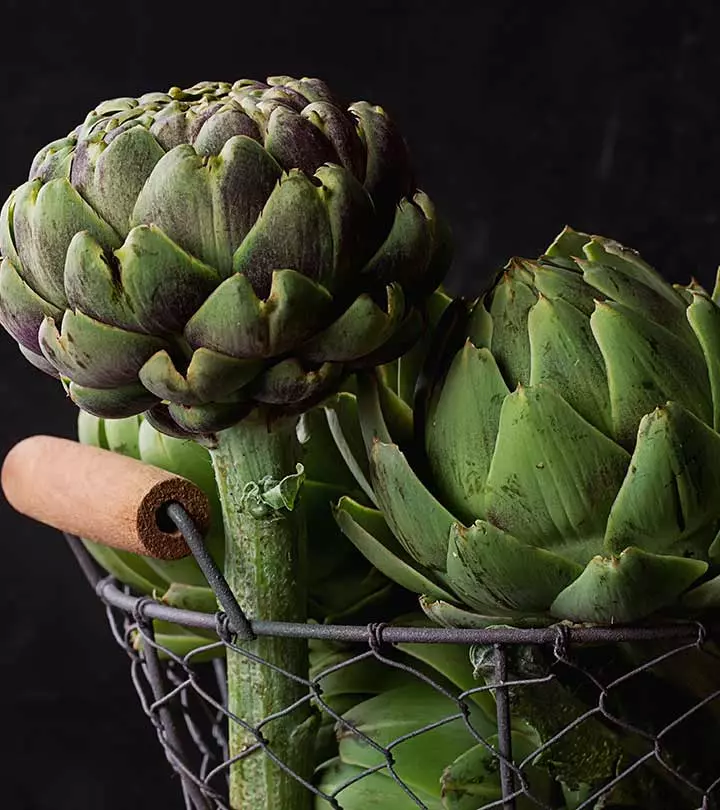
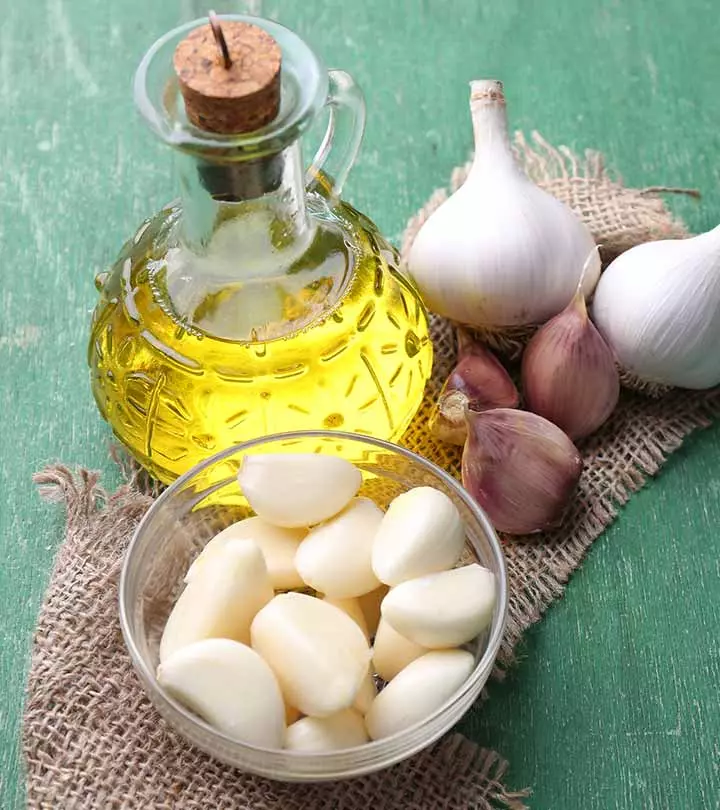
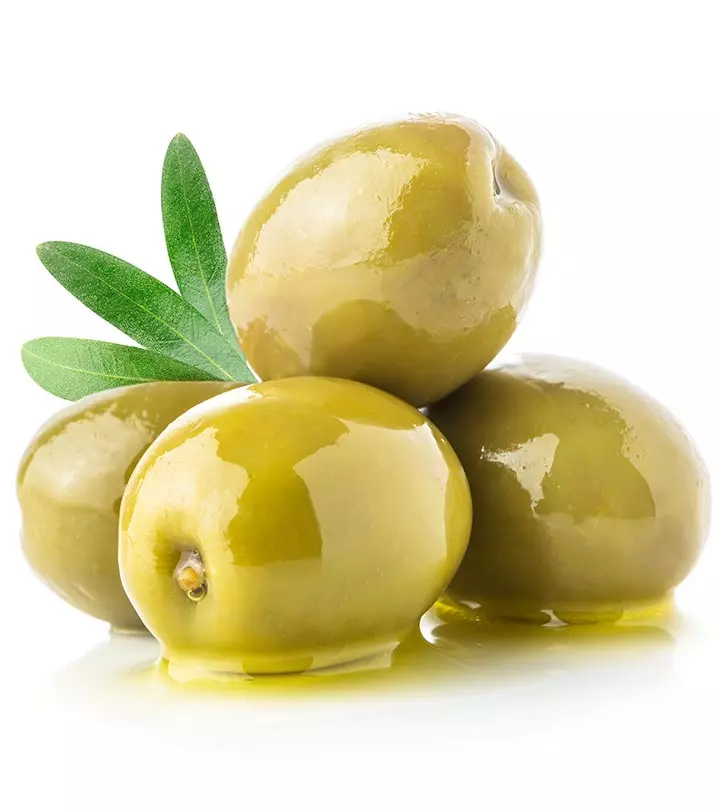
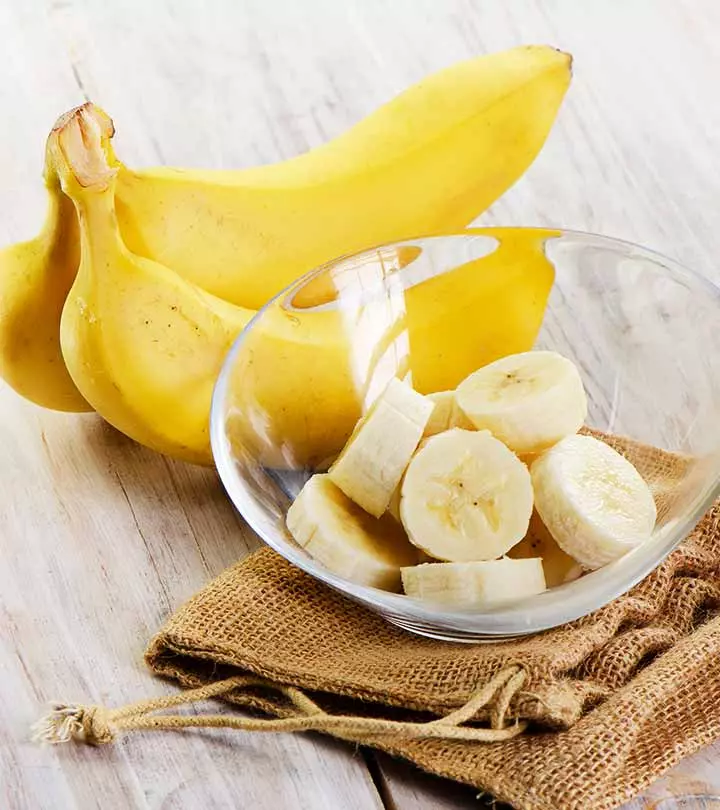
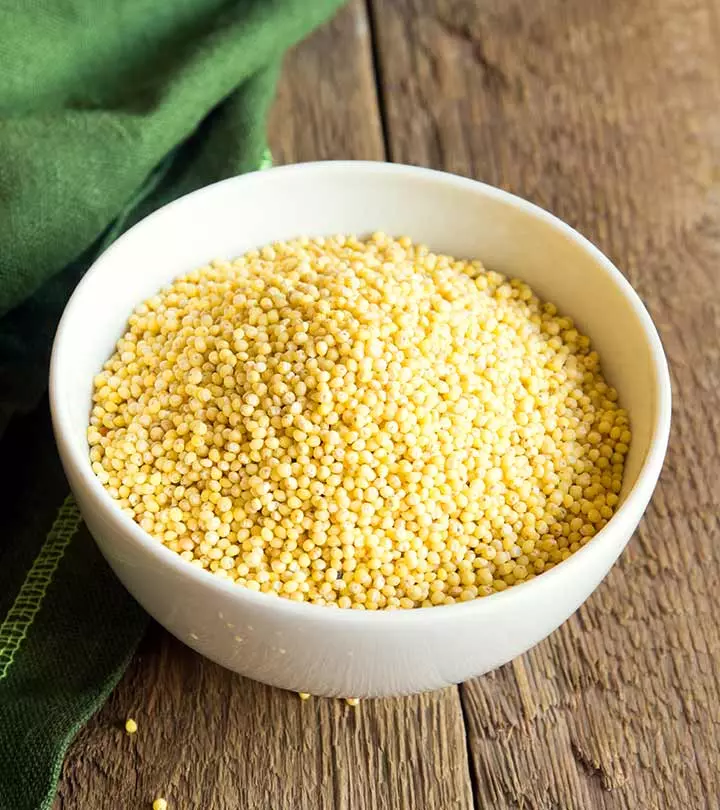
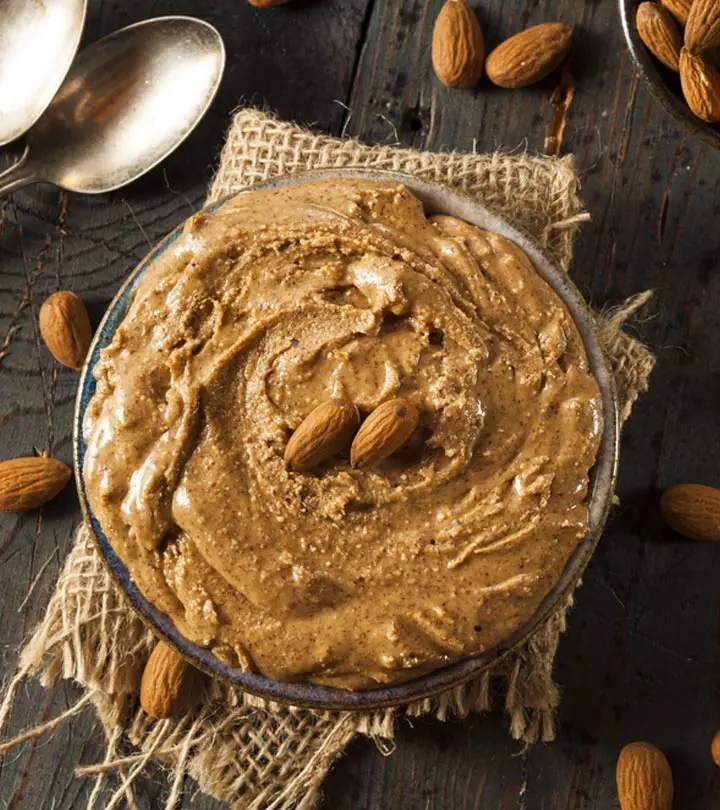
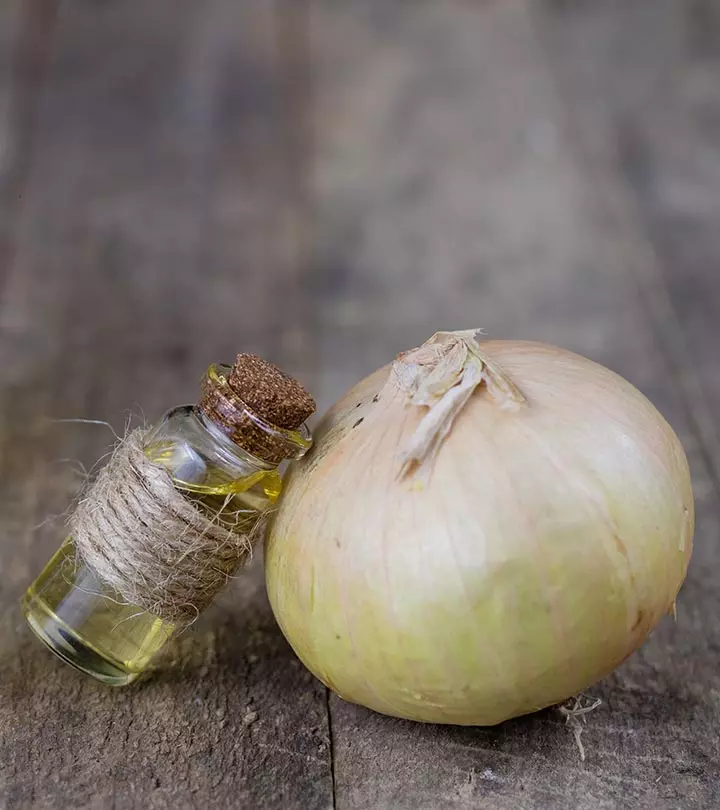
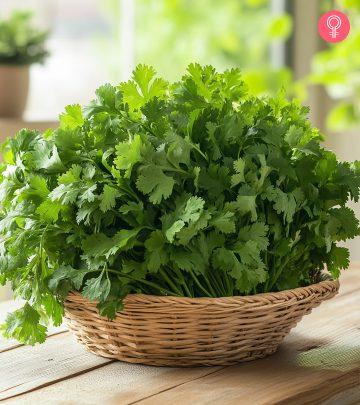
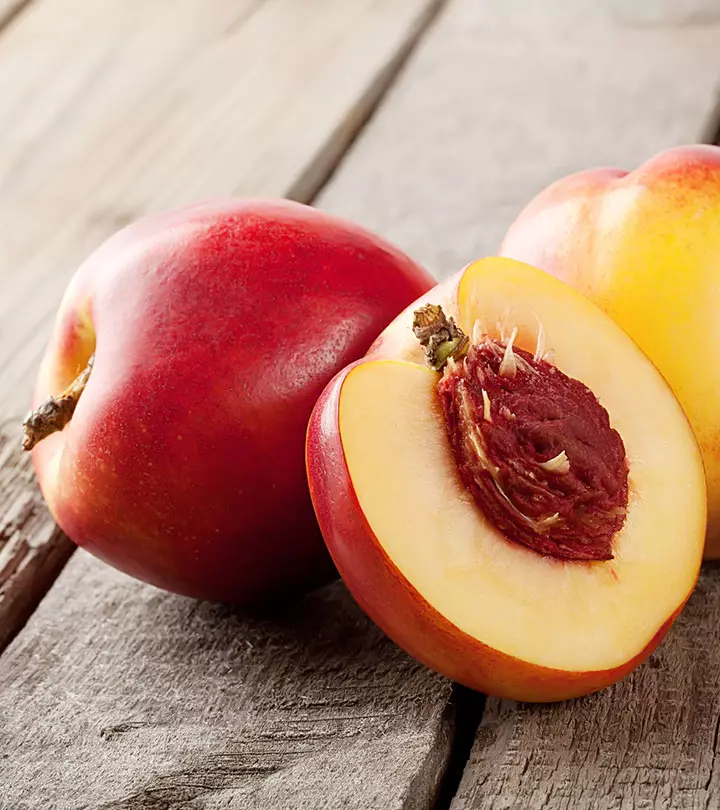
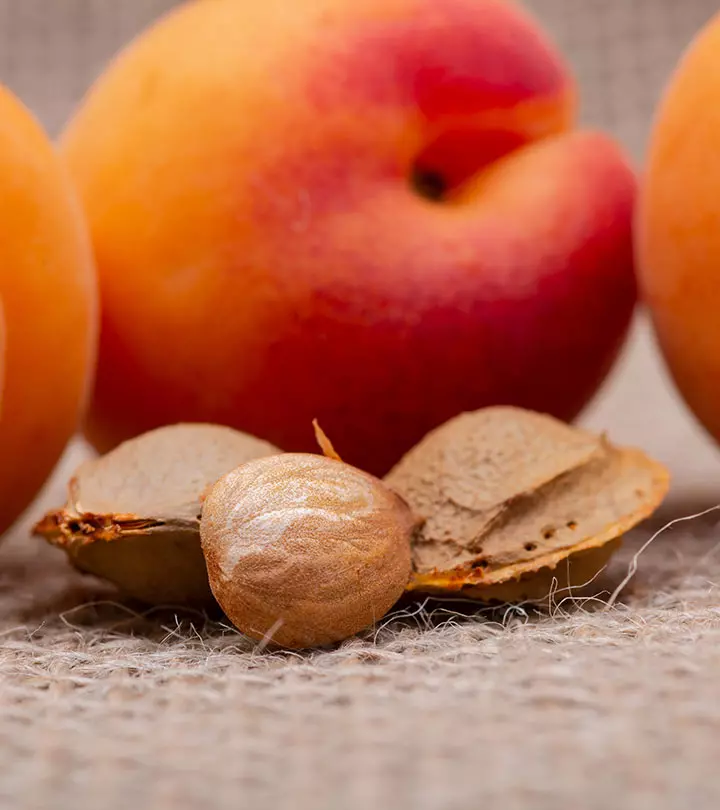
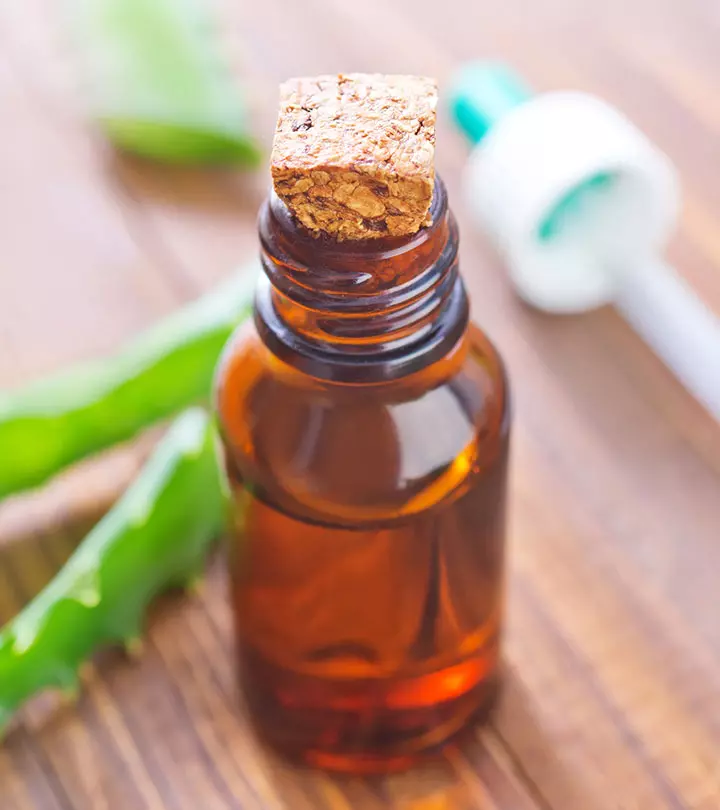
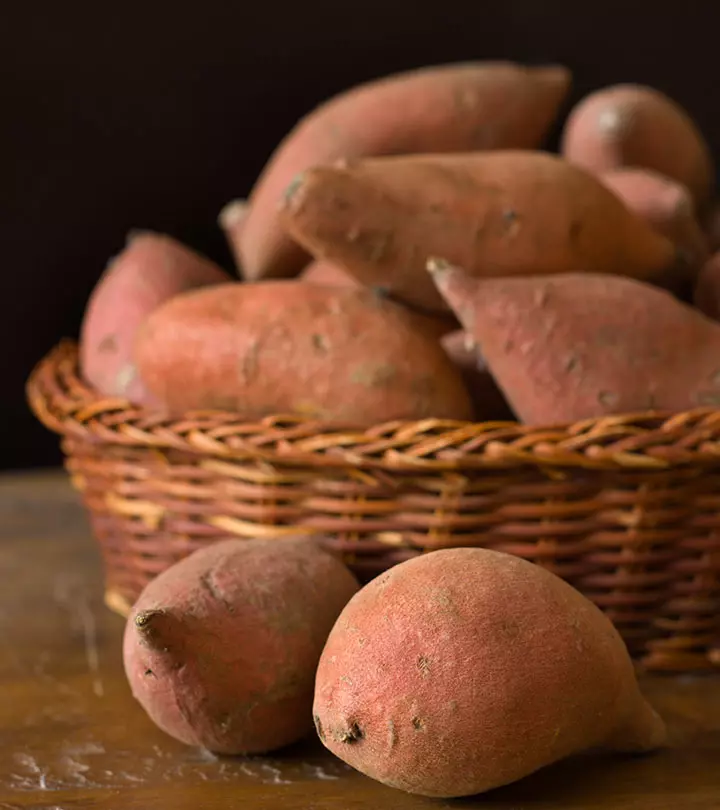
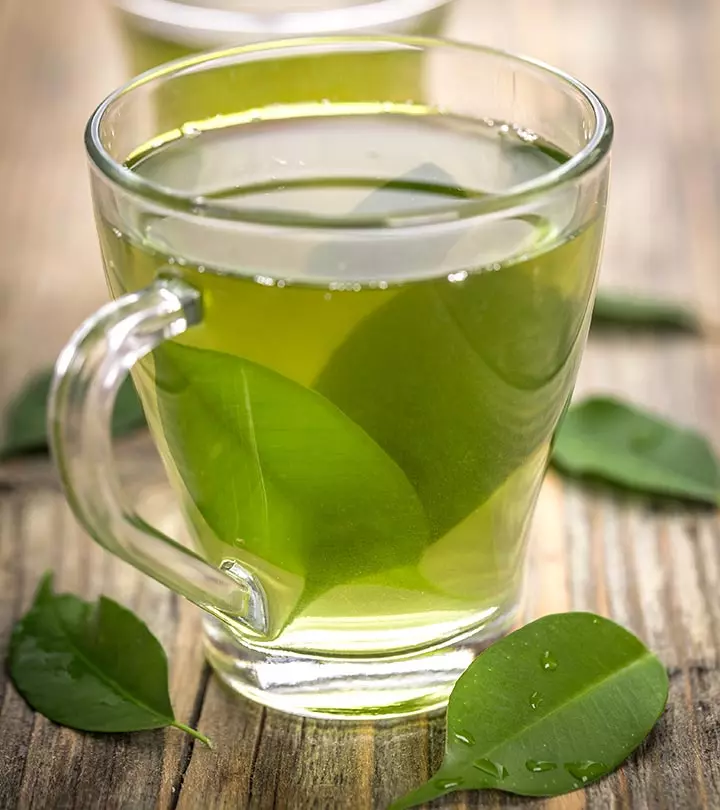
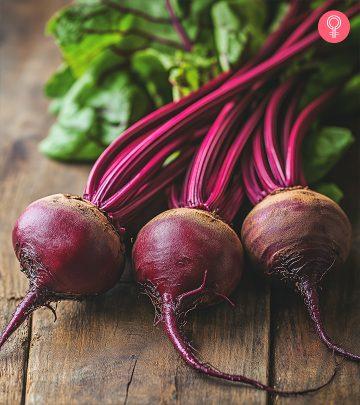
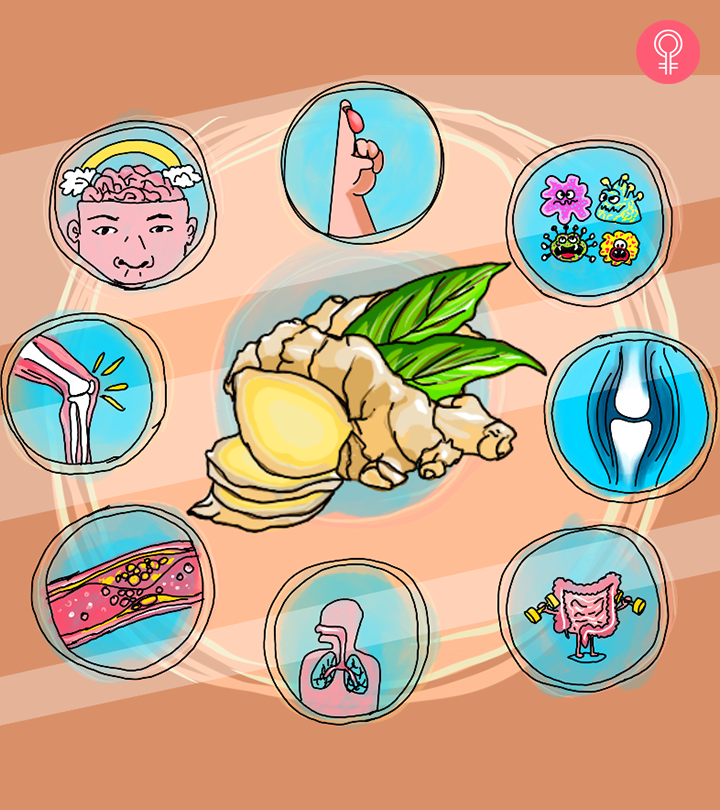
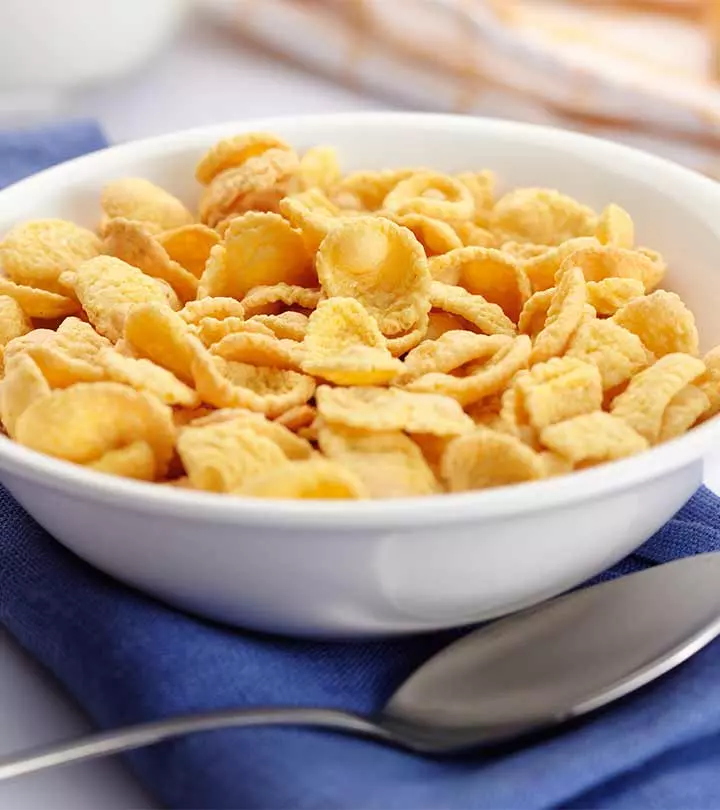
Community Experiences
Join the conversation and become a part of our empowering community! Share your stories, experiences, and insights to connect with other beauty, lifestyle, and health enthusiasts.